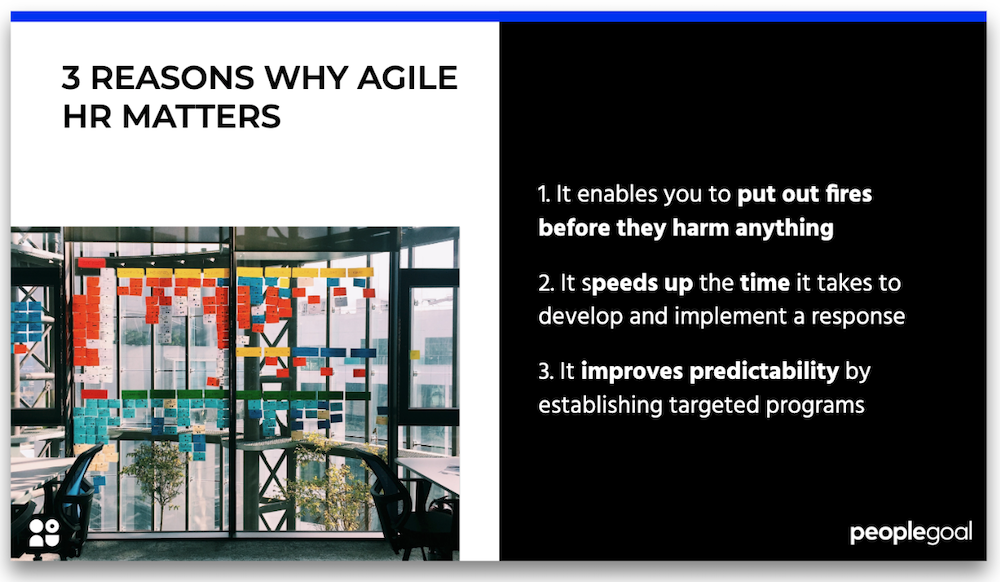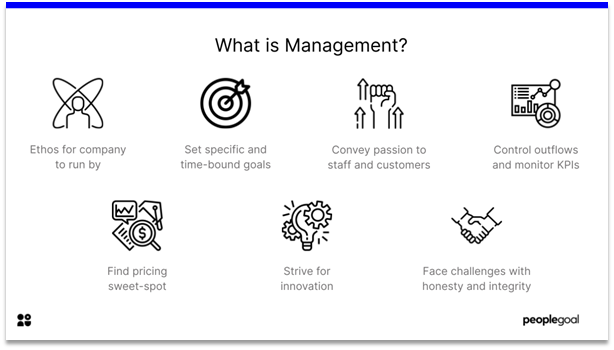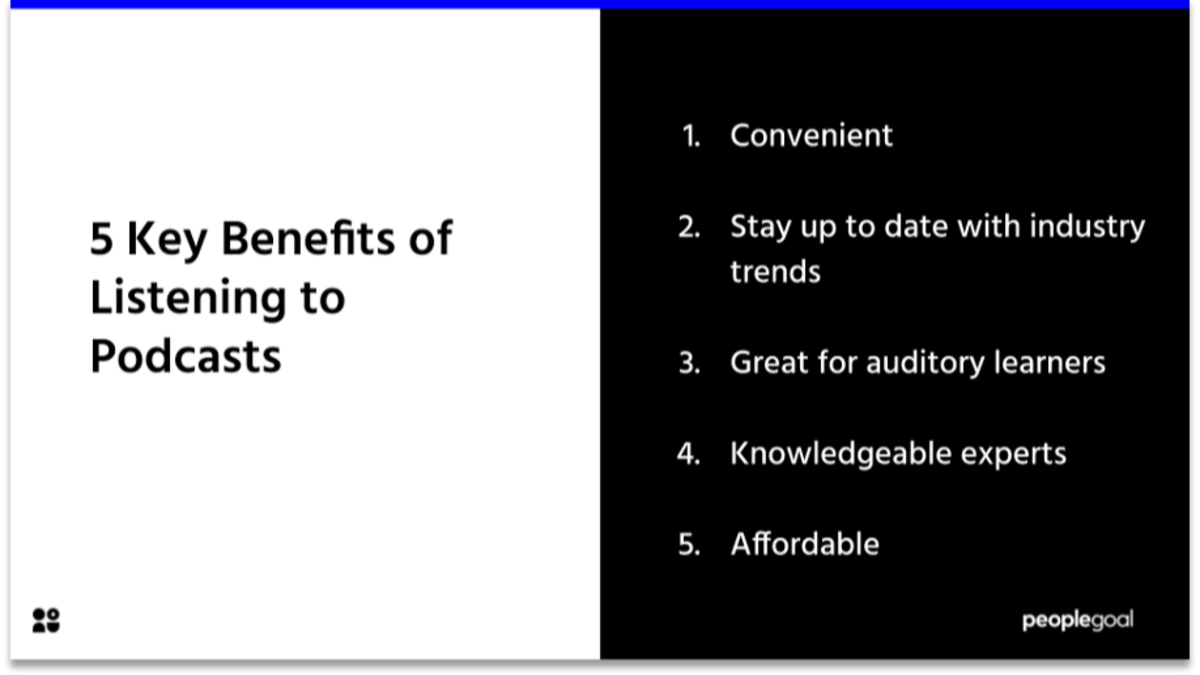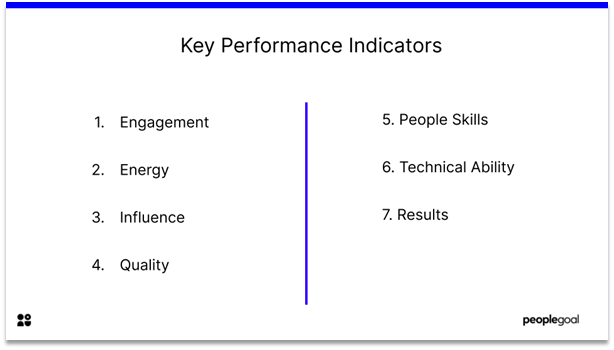HR leaders and departments alike are getting ready to tackle a new breed of challenges in 2026 resulting in new HR trends. Continuous developments in technology are shifting how we view the workplace and are transforming the HR industry. While these transformations are already in motion and 2026 will be a period of refinement and development, for some companies it will be an initiation phase. These are the key HR trends we see driving development in 2026.
HR Trends 1. The Applications of Artificial Intelligence
The mere mention of artificial intelligence (AI) can disillusion people. But with the growing attention given to AI, more and more HR leaders have had their interest piqued and it is likely we will see an increased focus on the practical implications of AI and the problems it will solve.
Instead of relying on an HR professional to trawl through endless resumes, organizations can use AI systems to complete the task quicker. Another use is the analytical evaluation of candidates, without human bias or error. The result is stricter candidate qualification criteria, a more efficient application process and a greater degree of accurate analysis.
The IBM 2017 report into AI found that:
“66% of CEOs believe AI can drive significant value in HR”
“54% of HR executives believe that AI will affect key roles in the HR organization”
“50% of HR executives recognise that AI has the power to transform key dimensions of HR”
If done correctly, AI has the ability to make HR operations easier and allows individuals to focus on the arguably more important, human element of HR. Which leads us to…
HR Trends 2. Employee Wellbeing and the focus on Mental Health
Focusing on the human in human resources is becoming increasingly important for organizations. This trend is not surprising given the increased awareness of the relationship between employee mental health and achievement in the demanding and changing professional sphere.
The best employers understand the need to take care of their employees. There is a growing bank of research showing that the importance of continued development both in research and in the workplace is imperative. Improved mental health in the workplace engenders employee engagement; another trend for 2026.
The Gallagher Benefits Strategy & Benchmarking Survey found that employee wellbeing was recognized as one of the biggest challenges needing effective solutions. Only 52% of companies asked believed they had an effective wellbeing strategy! This survey identified a number of innovative wellbeing strategies available: providing financial advisors, discounted products and services, financial literacy, debt counselling, student loan forgiveness, insurance benefits and free breakfast!
HR Trends 3. Payroll Transition
Payroll is one of the cornerstones of a company. Payroll constitutes a company’s records of its employees’ salaries, wages, bonuses and withheld taxes. With the majority of companies having now moved their payroll to the cloud, it alleviates many of the concerns associated with more traditional, outdated systems. 2026 will see the remaining companies transition to cloud-based payroll. But there will be a few more payroll trends you may be hearing about.
Companies will give their employees the ability to see their pay information on a range of devices. Desktops, tablets, laptops and mobiles are all devices where employees will be able to check their pay remotely. This allows employees to qualify why their pay is a given amount due to deductions, bonuses and necessary deposits. The future trend of payroll systems will be to allow the employee to model their future pay on the system.
Pay transparency is a tricky trend that HR departments will need to manage tactfully. There are different levels of transparency and each company is going to fall somewhere different on the spectrum, though more and more companies are embracing complete pay transparency.
HR Trends 4. Global Salary Changes
Salaries in the countries with the greatest GDP are expected to rise, but this rise is not going to be homogeneous. The average real salary increase across Europe is expected to be at 0.8% – this is unchanged.
“It is still very unclear what impact Brexit could have on inflation and salaries in the UK. Any deal that is made, or lack of it, could have far reaching implications on wage and price rises and these figures could change significantly depending on what happens between now and the official withdrawal date” ~ Steven Kilfedder, Production Manager at ECA International
The U.S. and Canada are expecting salaries to rise by an average of 3.2% and 2.6% respectively. Asia has been predicted to show the greatest average salary increases. India is set for a 5.1% real salary increase, whilst China is predicted for a 4.1% increase.
HR Trends 5. The #MeToo Movement
An issue that has grown to prominence recently is the #MeToo campaign and navigating misconduct in the workplace. Companies will look to HR to lead the way in impacting change in this area. Most organizations already have existing processes in place to address situations when they arise. 84% of HR leaders currently have zero tolerance policies on workplace harassment and misconduct. 68% of HR departments provide managers with the resources to address behaviour in the workplace. Importantly, 25% are planning to implement processes in the next year to year-and-a-half. However you implement the changes in your organization, a crucial factor will be training both employees and HR leaders in how to recognize and effectively address situations as they arise. This might (and should!) enact a big culture shift in your organization and you’ll need to make sure everyone is prepared and supported.
Ready to 3x Your Teams' Performance?
Use the best performance management software to align goals, track progress, and boost employee engagement.






